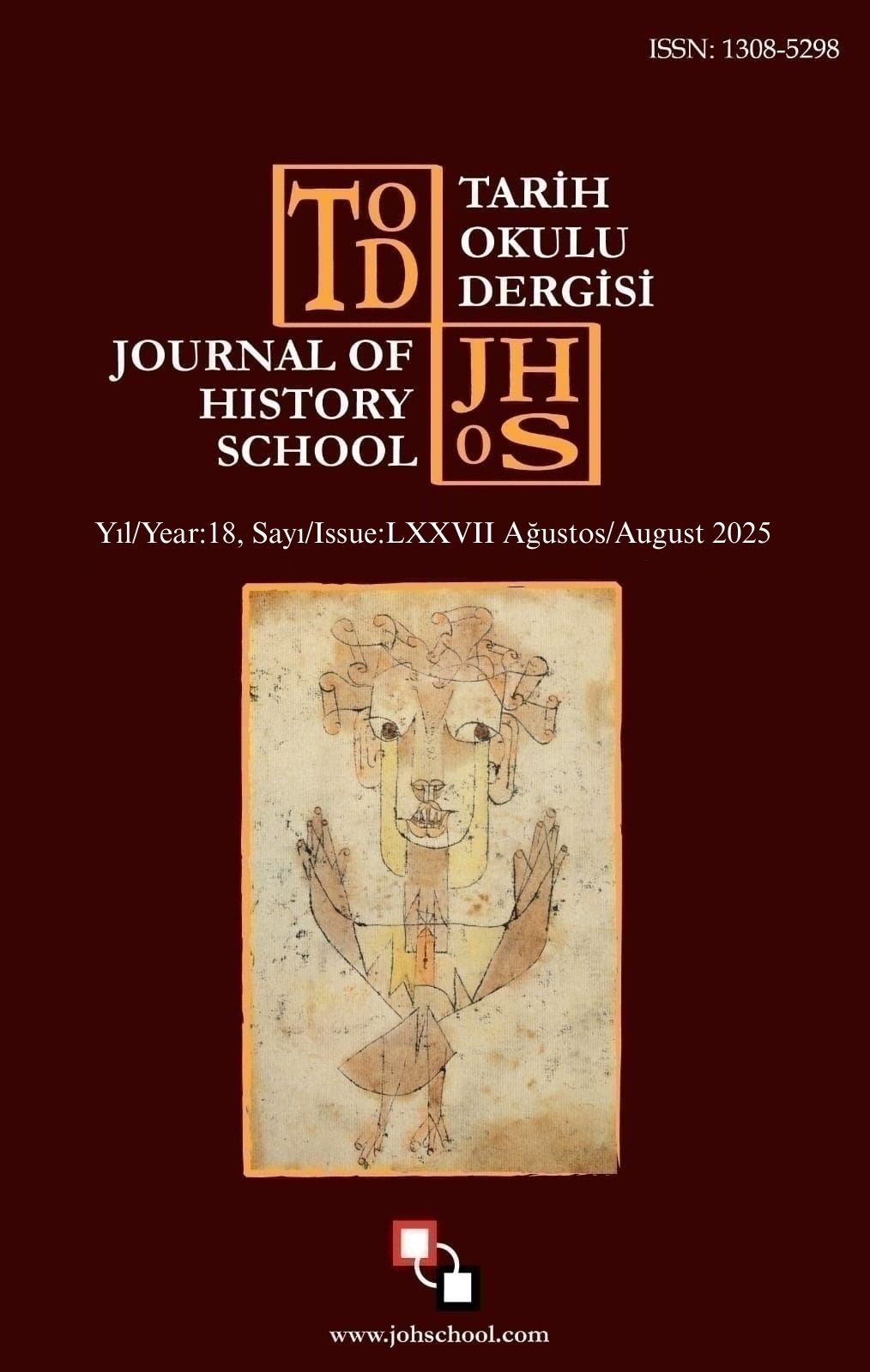İKİNCİ DİL OLARAK TÜRKÇE ÖĞRENEN SURİYELİ ÖĞRENCİLERİN KONUŞMALARINDAKİ ÜNSÜZ SES DEĞİŞTİRME HATALARI
Author :
Abstract
Türkçeyi ikinci dil olarak öğrenen Suriyeli öğrenciler, dilin yapısal özelliklerine bilişsel anlamda aşina olmadıkları için çeşitli zorluklarla karşılaşmaktadır. Bu zorlukların, özellikle dil tipolojisinin farklılıklarından ve Türkçe'nin fonolojik özelliklerine dair farkındalık eksikliklerinden kaynaklandığı söylenebilir. Tipolojik anlamda Türkçenin eklemeli bir dil olup, kelimelerin sonlarına eklenen eklerle anlam değişiklikleri yapılırken Arapçanın kök-temelli bir dil olması nedeniyle Suriyeli öğrenciler gerek yazı dilinde gerekse de konuşmada Türkçedeki eklemeli yapıyı anlamakta zorluk çekmektedirler. Özellikle ses özellikleri konusunda yeterli farkındalığa sahip olmadıklarından Türkçedeki bazı seslerin yer değiştirme, yumuşama gibi özelliklerini göz ardı edip konuşmalarında hatalı biçimlerin ortaya çıkmasına neden olmaktadırlar. Bu çalışmada ünsüz ses değiştirme hatalarına yer verilerek dil tipolojisinin farklılıkları, ünsüz ses değişimleri, telaffuz sorunları gibi faktörlerin, hem öğrencilerin iletişim becerilerini hem de dilin doğru kullanılmasını olumsuz etkileyebileceği vurgulanmıştır. Bu çalışmayı diğer çalışmalardan farklı kılan şey, ünsüz ses değişimlerinin ve fonolojik farkların Suriyeli öğrenciler için nasıl bir öğrenme zorluğu oluşturduğuna dair yapılan derinlemesine analizdir.
Keywords
Abstract
Syrian students learning Turkish as a second language encounter various difficulties because they are not cognitively familiar with the structural features of the language. It can be said that these difficulties arise especially from the differences in language typology and the lack of awareness of the phonological features of Turkish. While Turkish is an agglutinative language in typological terms, meaning changes are made with the addition of suffixes to the ends of words, Syrian students have difficulty understanding the agglutinative structure in Turkish both in written and spoken language because Arabic is a root-based language. Especially, since they do not have sufficient knowledge about the sound features and do not store them, some features such as changing the place of some sounds in Turkish and softening them cause the emergence of incorrect forms in consecutive speeches. In this study, consonant sound substitution errors are included, and it is emphasized that factors such as differences in language typology, consonant sound substitutions, and pronunciation problems can negatively affect both students' communication skills and the correct use of the language. What makes this study different from other studies is the in-depth analysis of how consonant sound substitutions and phonological differences create a learning difficulty for Syrian students.





